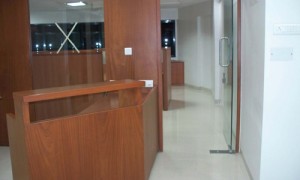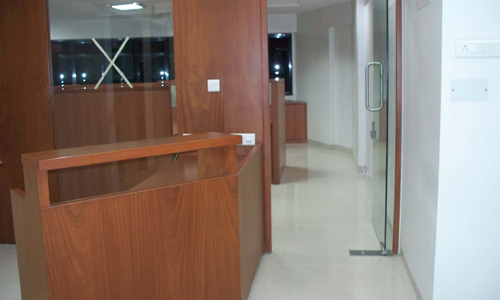 Understanding cultural differences is the key to successful workplace change programs in Asia, according to a new report from Jones Lang LaSalle.
Understanding cultural differences is the key to successful workplace change programs in Asia, according to a new report from Jones Lang LaSalle.
Alternative workplace strategies (AWS) can improve space usage and support increased business productivity through supporting the nature of work today and enabling mobile workers.
In a recent Jones Lang LaSalle survey of real estate professionals in Asia Pacific, 30% indicated they have implemented AWS and it is working well, while 36% said they would like to try it.
Key findings of the report ‘Driving Effective Workplace Change in Asia’:
· Economic uncertainty, emerging technologies, talent shortages and the pursuit of increased business productivity are forcing organizations to consider enabling mobile workers and more flexible workstyles.
· In Asia, mind-sets about work style change are evolving due to the accelerating globalisation of Asian multi-national corporations (MNCs).
· The diversity of local cultures in Asia requires workplace change programs to be culturally adapted, not merely transplanted from West to East.
· For many Asian corporations, geographic expansion means hiring locals in the countries they enter and adapting their work policies to suit a more culturally diverse workforce.
· Telecommuting has been successfully implemented by MNCs in Asia, especially IT companies. In post-earthquake Japan, companies are embracing programs enabling employees to work from home to raise productivity, reduce transportation pollution and support business continuity planning.
· India is a leader of the Bring Your Own Device (BYOD) trend, where employees use their own IT equipment at work; resulting in increased mobility, higher job satisfaction and productivity and efficiency improvements.
Su Lim, Head of Strategic Workplace Services, Asia Pacific at Jones Lang LaSalle said: “The time is ripe for workplace change in Asia. However, even with the best intentions, 70% of change initiatives fail and workplace change is no exception. The keys to success are leadership endorsement and employee engagement. Understanding how leadership and culture influence the workplace, and which factors contribute to employee engagement or resistance, is crucial to success.”
Key India-specific findings:
· India is a leader of the Bring Your Own Device (BYOD) trend, where employees use their own IT equipment at work, resulting in increased mobility, higher job satisfaction and productivity and efficiency improvements.
· According to a Citrix survey, 34% of the workforce in India is already using non-company-issued computing devices and the proportion could reach 38% in 2013
· Concepts such as Results-Only Work Environments (ROWE), where employees are evaluated on performance instead of presence, are receiving interest in Asia as well. In India, with shift workers in the service industry already used to being out of their manager’s sight, ROWE should not be too far away.
· The uneven quality of the education systems means that only about a fourth of Indian engineers were considered employable by MNCs in 2010, and only 10% of Chinese engineers.





